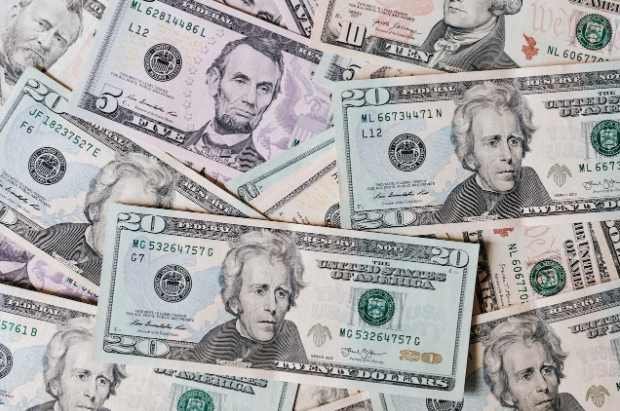A lucrative investment doesn’t necessarily make a good safety net. Find out why these popular investments don’t make for good emergency fund.
Stocks
Stock investments are not good stand-ins for emergency funds. For one, they’re not reliable. You can’t be sure how much your stock will be worth when disaster strikes. And secondly, they’re not accessible. Even if your stock is valuable enough to use for an emergency fund, you will still need to go through a process of trading/selling your investment to get access to its cash value and deposit it into your bank account.
Cryptocurrency
Cryptocurrency is a famously volatile investment. While many see its appeal because it could lead to big rewards, it can also lead to staggering losses. For instance, Bitcoin lost over 60% of its value last year, while other digital currencies lost even more. So, don’t assume that investing in crypto will give you significant gains that you can rely on in an emergency.
Retirement Savings
Your retirement savings, whether they are sitting in an individual retirement account (IRA) or 401(k) plan, are meant for your retirement years and your retirement years alone. You shouldn’t consider them as an emergency fund.
Why? First, taking funds from your retirement savings before you’ve officially reached retirement age will result in an early withdrawal penalty by the IRS. This penalty will be 10% of the withdrawal. In addition to that penalty, your withdrawal will be treated as taxable income.
Another reason that you shouldn’t do this with your retirement savings is that you are sabotaging your future income. You will need this nest egg when you reach your golden years and are no longer in the workforce. Don’t leave yourself with less.
Certificates of Deposit
A certificate of deposit (CD) is a savings tool that comes with a fairly impressive annual percentage yield (sometimes as high as 5%). This high APY makes it seem like it would be an excellent storage space for an emergency fund, but the opposite is true.
A CD requires that the accountholder locks away a lump sum for a set amount of time. That set amount of time could be as short as a few months or as long as a few years. In that amount of time, the growing balance inside the account will be inaccessible. You’re technically not supposed to touch it until the account finishes its term and reaches its maturity date.
You can see how this setup is very inconvenient for an emergency fund. If an emergency strikes before the maturity date arrives, you won’t be able to use any of the savings to resolve it. If you want to push to make a withdrawal before this timeline is done, you will face an early withdrawal fee — depending on how early this withdrawal is, this fee could be substantial.
What If You’ve Made These Mistakes?
If you’ve managed to put your emergency savings into the wrong type of investment, don’t worry. You can still change course. Start by opening up a savings account and building up an emergency fund there. A basic emergency fund in a savings account is safe, reliable and accessible — and it won’t result in any early withdrawal fees.
If you don’t have enough to cover an emergency expense, you can turn to a solution like an online personal loan for help. One of the biggest benefits of online loans for you is that you can use them to respond to emergencies when you don’t have enough savings on hand. With an approved online loan, you can pay to resolve the problem as soon as possible. Then, you can move forward with a steady loan repayment plan.
Whatever you do, don’t use stocks, crypto investments, retirement funds or CDs to pay for emergencies. They’re not the right fits for this very specific purpose.




